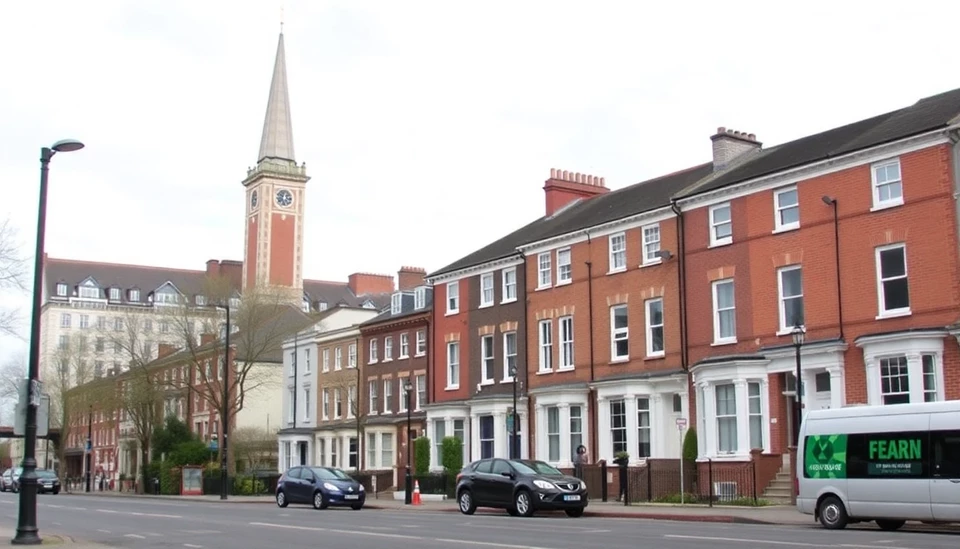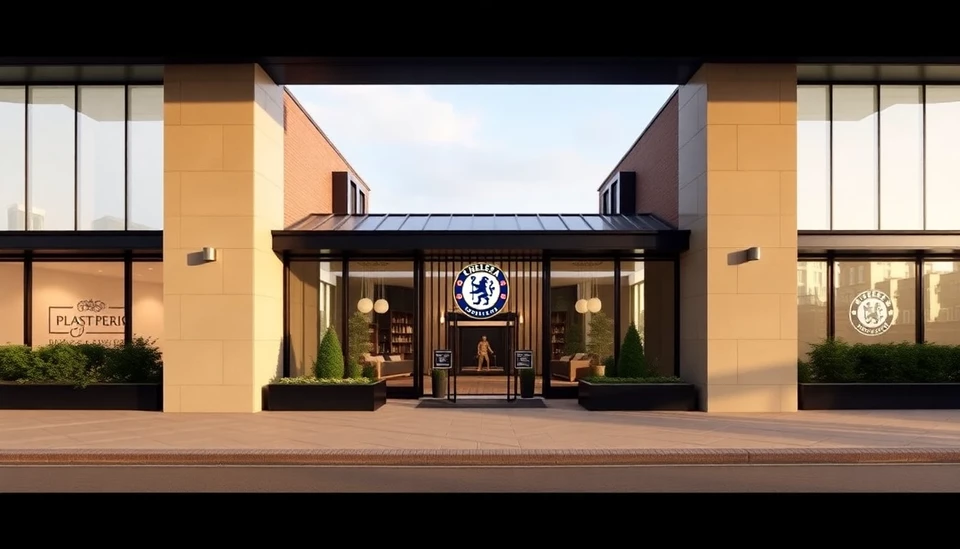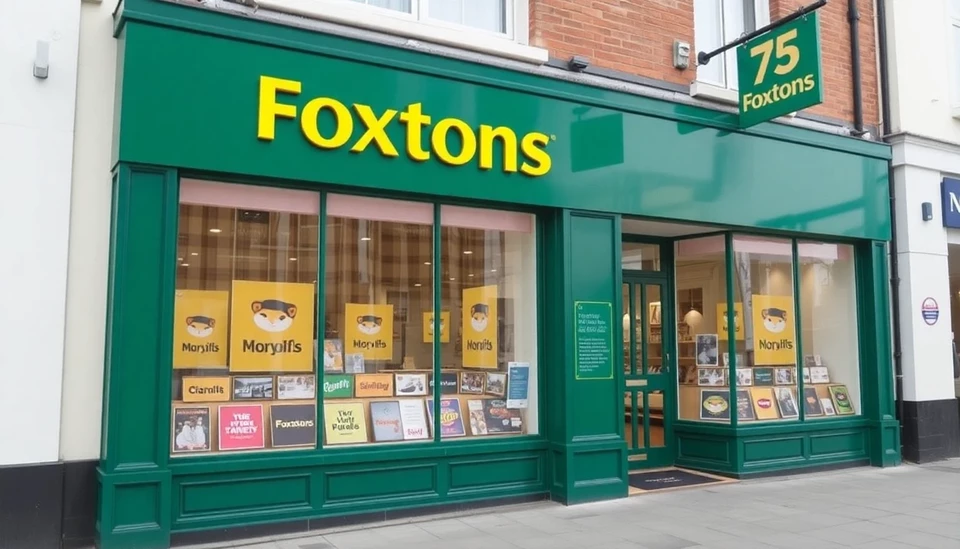
The London real estate market is currently facing significant pressures as ongoing trade wars and economic instability begin to take a toll on property prices, according to a recent report from Rightmove. The housing sector, which has been a pillar of the UK economy, is now grappling with the fallout from escalating trade disputes and uncertain economic circumstances.
Rightmove, a leading property listing website in the UK, revealed that house prices in London have experienced a notable decline, as the combination of international trade tensions and rising living costs has created a challenging environment for potential buyers. This downturn marks a pivotal moment for the capital's real estate market, which has long been viewed as a stable investment option.
Data from the report indicate that property prices in certain London boroughs have fallen by a staggering percentage compared to previous years, with neighborhoods that were once highly sought after now seeing diminished interest from both domestic and international buyers. The analysis suggests that the broader implications of the trade war have made many investors hesitant, as the potential for further economic instability looms.
Real estate experts are concerned that the continued fallout from international trade conflicts could lead to a prolonged period of stagnation for London's housing market. Areas previously revered for their property value are witnessing an increase in unsold listings, linking the downward trend to macroeconomic factors such as inflation, changes in trade policies, and shifts in global consumer sentiment.
The adverse effects of inflation have also driven up costs for both renters and homeowners, making it increasingly difficult for buyers to enter the market or maintain their existing properties. The unstable financial environment has prompted many individuals to reconsider their investment strategies, thereby leading to a reduction in demand for properties across the capital.
As the situation evolves, the government's response to the trade disputes and economic challenges will be critical in shaping the future of London's property market. Analysts urge policymakers to formulate strategies that could potentially bolster the housing sector amid these turbulent times.
With the outlook for the property market uncertain, stakeholders are closely monitoring trends in housing prices and buyer behavior, hoping for signs of recovery in the wake of international challenges. The resilience of London's property sector will ultimately depend on the ability to navigate these complex global dynamics.
In conclusion, while London's real estate market has historically been associated with stability and growth, current economic realities are prompting a reconsideration of its long-term prospects. The interplay between trade relations and local property values will likely remain a key focal point for investors and homeowners alike as they seek to make informed decisions in a shifting landscape.
#LondonProperty #TradeWar #RealEstate #Rightmove #HousingMarket #PropertyPrices #EconomicImpact #InternationalTrade
Author: Victoria Adams


